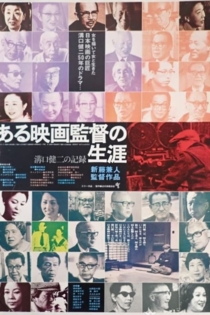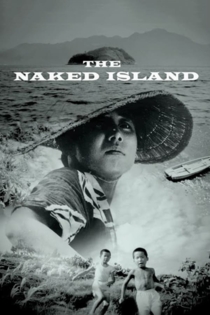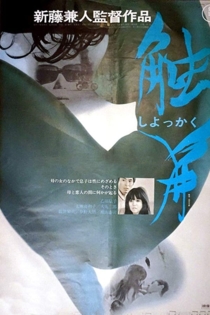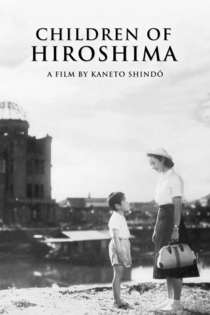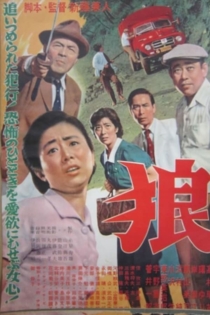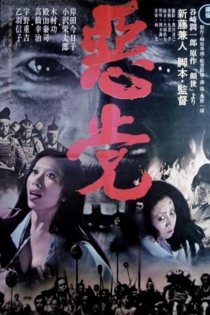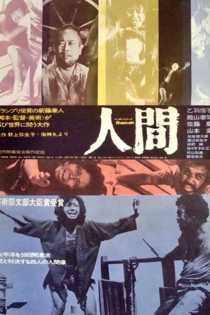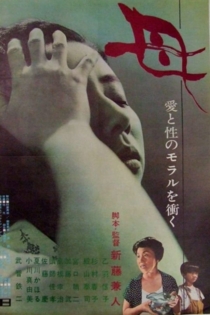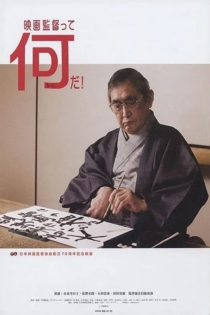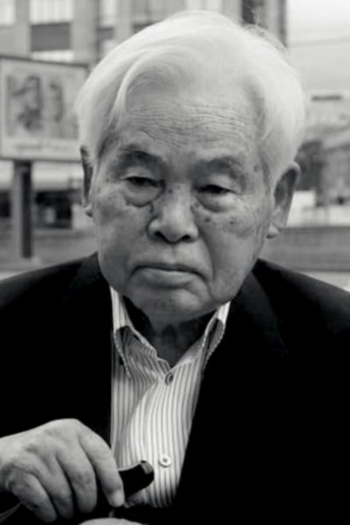
Kaneto Shindō
1912 - 2012Shindo was born in Hiroshima Prefecture, and he made several films about Hiroshima and the atomic bomb. Like his early mentor Kenji Mizoguchi, many of his films feature strong female characters. He was a pioneer of independent film production in Japan, founding a company called Kindai Eiga Kyokai. He continued working as a scriptwriter, director and author until his death at the age of 100.
Shindo made a series of autobiographical films, beginning with the first film he directed, 1951's Story of a Beloved Wife, about his struggle to become a screenwriter, through 1986's Tree Without Leaves, about his childhood, born into a wealthy family which became destitute, 2000's By Player, about his film company, seen through the eyes of his friend Taiji Tonoyama, and his last film, Postcard, directed at the age of 98, loosely based on his military service.
Description above from the Wikipedia article Kaneto Shindō, licensed under CC-BY-SA, full list of contributors on Wikipedia
Onibaba
Kaneto Shindō
Nobuko Otowa, Jitsuko Yoshimura
While her son, Kichi, is away at war, a woman and her daughter-in-law survive by killing samurai who stray into their swamp, then selling whatever valuables they find. Both are devastated when they learn that Kichi has died, but his wife soon begins an affair with a neighbor who survived the war, Hachi. The mother disapproves and, when she can't steal Hachi for herself, tries to scare her daughter-in-law with a mysterious mask from a dead samurai.
Onibaba
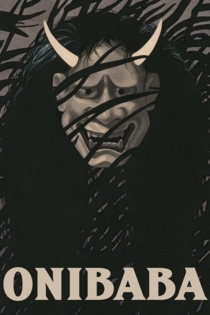
Kuroneko
Kaneto Shindō
Kichiemon Nakamura, Nobuko Otowa
In the Sengoku period, a woman and her daughter are raped and murdered by soldiers during a time of civil war. Afterwards, a series of samurai returning from the war through that area are found mysteriously dead with their throats torn out. The governor calls in a wild and fierce young hero to quell what is evidently an Onryō ghost. He encounters the two beautiful women in an eerie, beautiful scene. After spiritual purification, he meets the demon in a thrilling fight.
Kuroneko
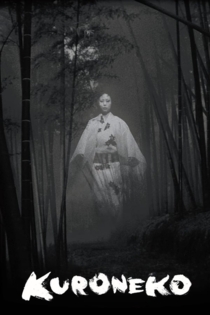
Tree Without Leaves
Kaneto Shindō
Nobuko Otowa, Ichirô Zaitsu
Haru, an aging scriptwriter, has isolated himself somewhere in the woods of Nagano to work on his first novel. As the last surviving member of his kin, he intends to chronicle the family he grew up in.
Tree Without Leaves
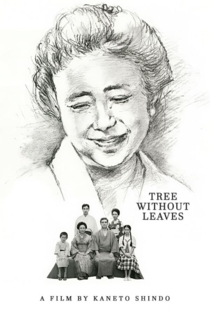
Kaneto Shindo Interview, 1998
Nobuko Shibuya
Kaneto Shindō, Seijiro Koyama
This video interview features KURONEKO director Kaneto Shindo discussing his diverse body of work. The interview was conducted for the Directors Guild of Japan on April 24, 1998, by Shindo’s former assistant director Seijiro Koyama
Kaneto Shindo Interview, 1998

生きてはみたけれど・小津安二郎伝
Kazuo Inoue
Keiko Kishi, Yôko Tsukasa
An extremely lovely tribute to Ozu, on the 20th anniversary of his death. It uses a combination of footage from vintage films and new material (both interviews and Ozu-related locations) shot by Ozu's long-time camera-man (who came out of retirement to work on this). Surprisingly (or perhaps not), it focuses less on Ozu's accomplishments as a film-maker than on his impact on the lives of the people he worked with..
I Lived, But...
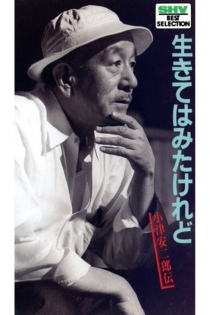
どぶ
Kaneto Shindō
Nobuko Otowa, Jūkichi Uno
Toku, a factory worker gives food to a starving woman, Tsuru, who then follows him home. He shares a shack in a shanty village in Kawasaki with his friend Pin-chan. The two men try to get rid of her but then let her stay when she gives them money. Tsuru tells the people of the village that she lost her job due to a strike, then was robbed of her severance pay, then sold to a brothel in Tsuchiura. She ran away with a friend from Kawasaki. Toku and Pin-chan sell her to a geisha house and spend the money. She is thrown out. The owner demands his money back. Tsuru earns the money to pay their debt by working as a prostitute outside the station. The other prostitutes beat her. She fends them off with a policeman's revolver and is then shot dead by the police.
The Ditch
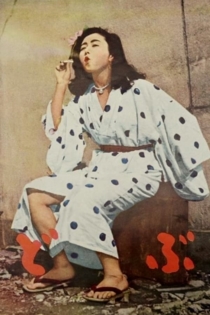
かげろう
Kaneto Shindō
Nobuko Otowa, Juzo Itami
Otowa is a former Seto Inland Sea island farmer who has moved to the mainland in order to find work, but instead ends up dead. The film begins with the discovery of her corpse, which leads to an investigation that uncovers the narcotics, prostitution, and murder in which many poor farmers had found themselves trapped after World War II.
Heat Wave Island
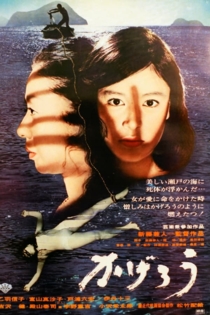
ある映画監督の生涯 溝口健二の記録
Kaneto Shindō
Takako Irie, Daisuke Itō
In 39 interviews with actors and actresses, writers, producers and staff members, interspersed with film excerpts and stills, Shindō recounts the life and career of his friend and mentor Mizoguchi.
Kenji Mizoguchi: The Life of a Film Director
